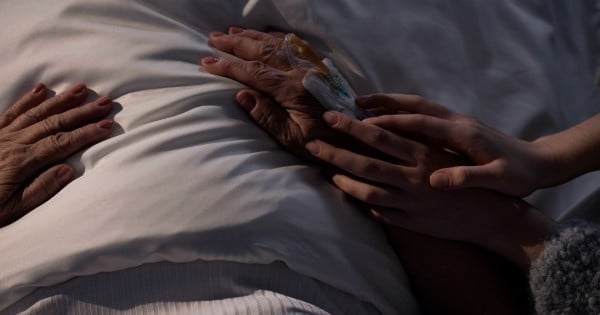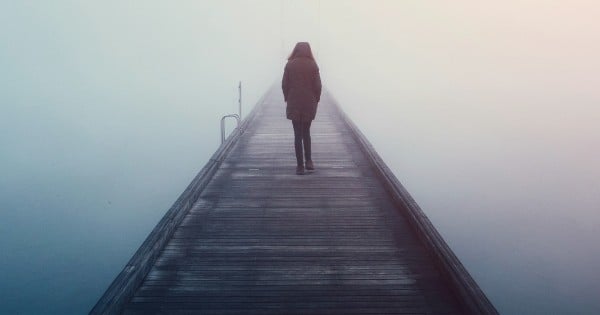
The question “What happens after we die?” is one that none of us, religious, agnostic or atheist, have a definitive answer to.
Since the beginning of human history we have contemplated our own mortality, speculating about what might wait for us at the other end.
This week, a Reddit thread emerged that called for the experiences of people who had died and then been revived. Some of the responses might be the closest we can come to really understanding what it feels like to die.
The most overwhelming answer was that “actual death is painless”. Very few people reported to feeling any pain once they had medically been pronounced dead.




Top Comments
I was having my wisdom teeth out at a dental hospital in Melbourne, was given IV meds... antibiotics.. which caused anaphylaxis.. previously unknown allergy to these antibiotics. Clinically dead for 6 minutes, 4 zaps with paddles, 3 rounds of epinephrine, and adrenaline.. they finally stabilise me. I woke up a short time later, none the wiser... All I remember is talking to the theatre staff before the IV push... then waking up. Apparently I was awake previously... and berated the nursing staff (and once more later on with my mother) for stealing my socks. Yes socks. I later learned that they had removed one sock to put a canula in to push meds. I was sent home a mere 2 and a half hours after this incident.... with medical staff knowing I had a 3 hour trip home! Same surgery, different hospital... not exact circumstance... but trying to remove the wisdom teeth later on once again, I flatlined and had to be resuscitated when my breathing just decided to stop. Apparently I'm a bad patient LOL
So it's exactly like it was before you were born, Remember how that felt?
Not that surprising really.